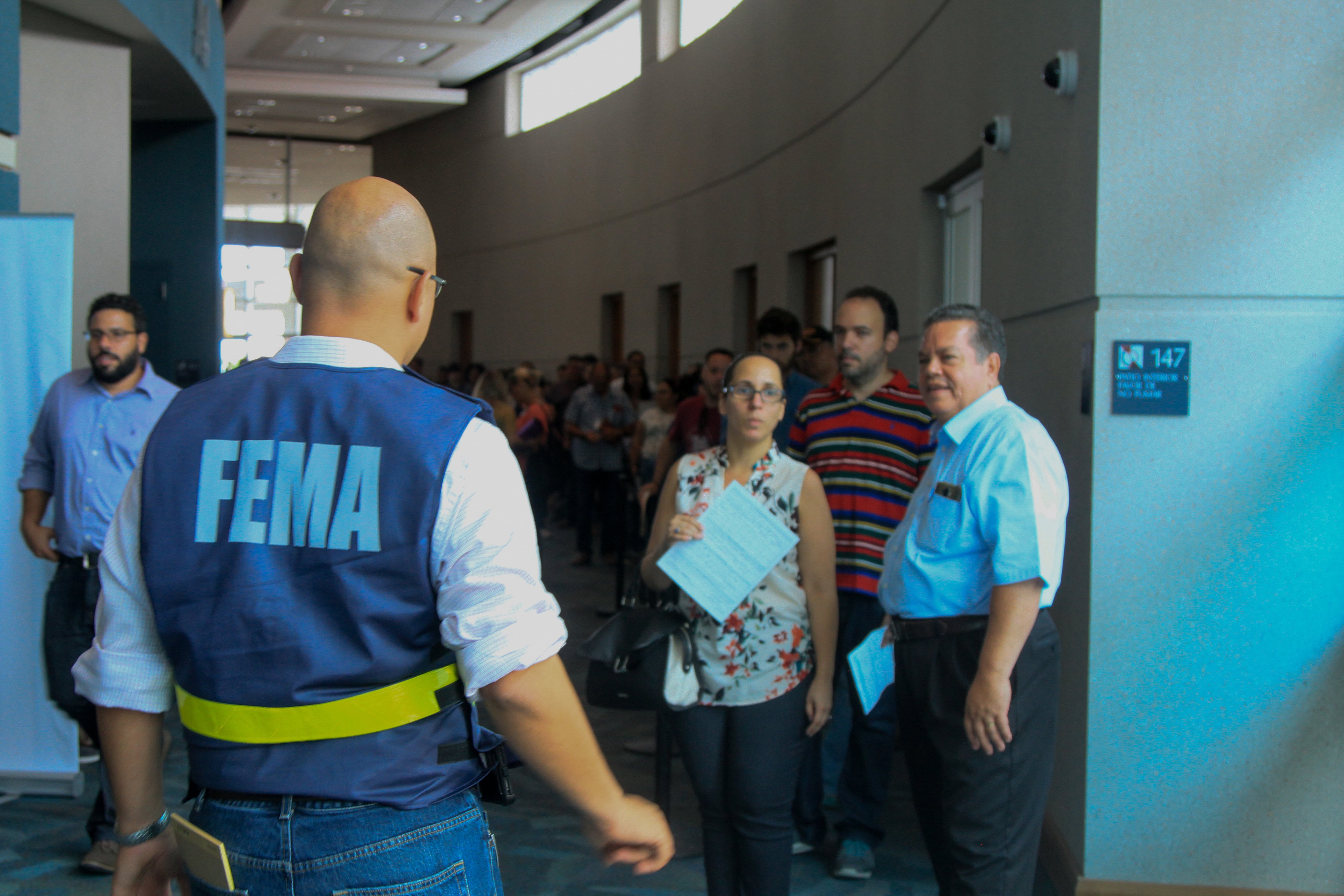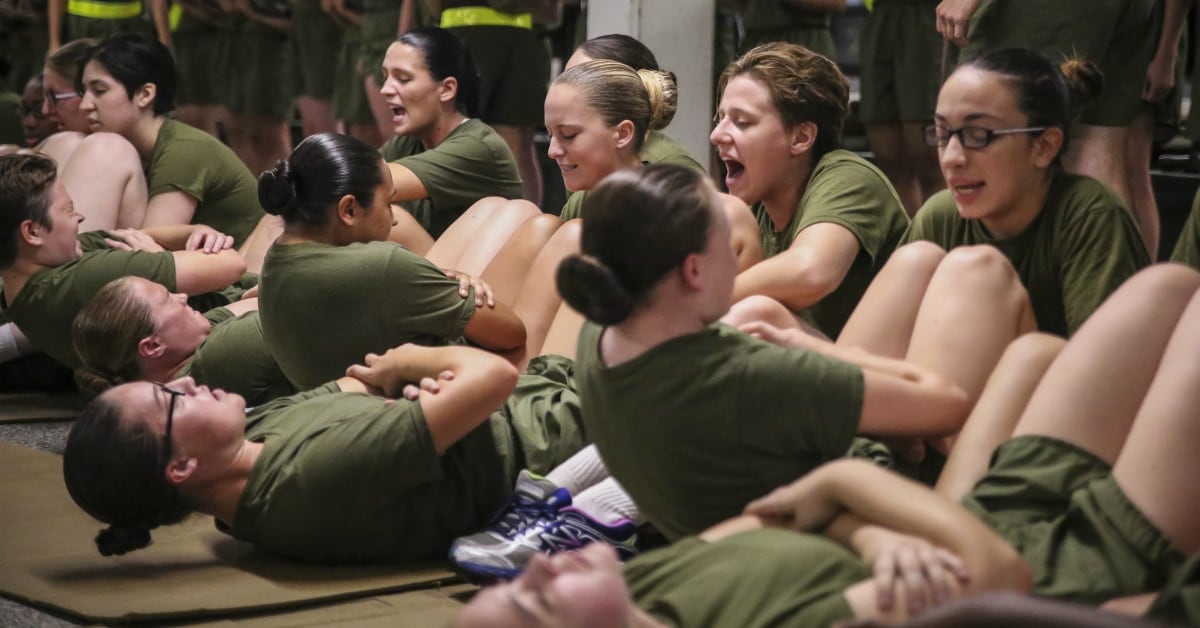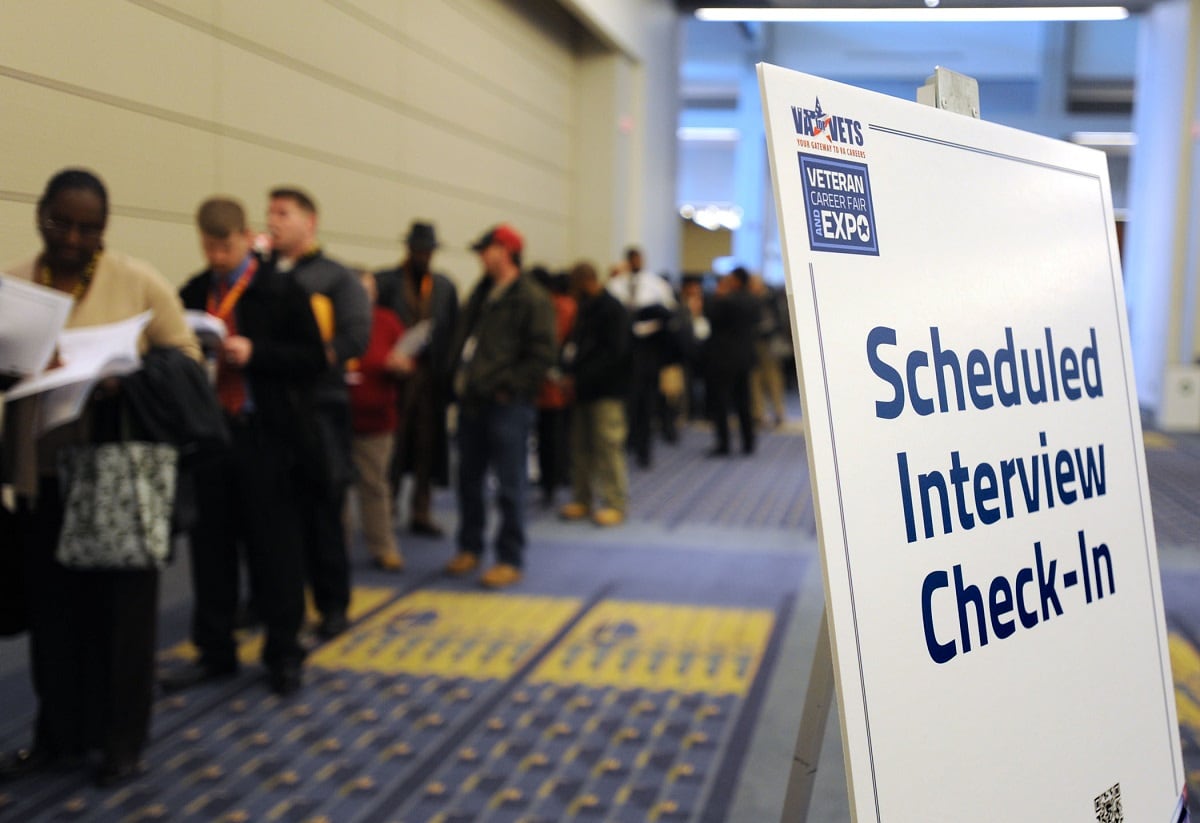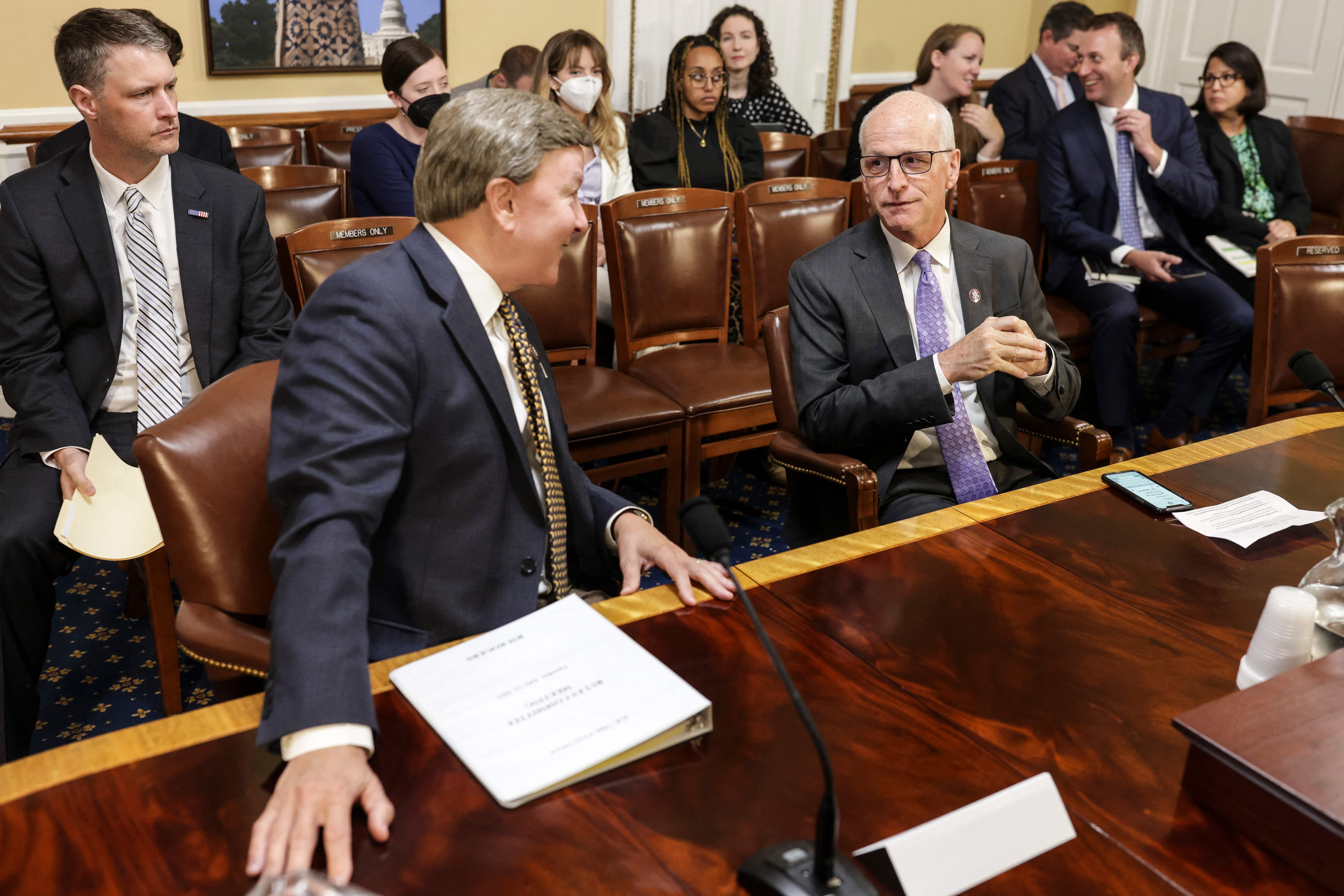Advocates pushing for a major overhaul to the federal veterans preference hiring rules insisted Tuesday that broadening eligibility but limiting program use could benefit both job seekers and department managers looking for military talent.
“We can’t nibble around the edges, we need to make comprehensive changes,” argued Joe Heck, chairman of the National Commission on Military, National, and Public Service, before a Senate Homeland Security and Government Affairs hearing.
“The preference (program) has become inequitable; Not all veterans are preference eligible, and even those eligible for preference are treated differently, so that many veterans receive little or no practical benefit.”
The idea of changing veterans preference rules has been controversial in recent years, with many outside groups arguing that erosion of the hiring policies could cut off a key employment opportunity for thousands of separating service members. Veterans make up about one-third of all federal posts.
RELATED

But the public service commission, established in 2017 and charged with finding ways to better engage citizens in government, said that reforming federal agency hiring processes are a key step in that effort, and that changes to veterans preference rules must be included.
Under rules outlined by the Office of Personnel Management, veterans preference in federal hiring is limited to individuals with honorable discharge who have a service disability or deployed in an overseas conflict, with a few other exceptions. Most military retirees do not qualify.
But for those who qualify, their veterans status gives them a significant boost over other candidates. Heck argued that in many cases that advantage is too generous, placing veterans over better qualified candidates.
“A veteran who tries to use veterans preference, even if judged as minimally qualified, can float to the top of the qualified list and be hired over better candidates,” Heck said. “And that’s probably putting them into a job they aren’t qualified for.”
The commission, which released a 245-page report in March recommending items like including women in the draft and expanding public service opportunities, is pushing to make federal veterans preference a “tiebreaker” between equally qualified applicants, which Heck argued was the original intent of the rules.
Veterans would no longer be automatically upgraded to the best qualified category under the plan.
Panel members also recommended limiting veterans preference to 10 years after an individual’s separation from the military, to better target service members trying to transition to civilian careers.
Heck argued that applicants should only be able to invoke the preference twice, to avoid already-established federal workers from forcing promotions and job changes simply because of past military service.
RELATED

But he also said that officials should expand the eligibility pool to include more veterans and extend programs like Veterans Recruitment Appointment to longer terms after military service, to encompass veterans who opt to return to school before searching for jobs.
Whether those changes will be enough to win over veterans advocates remains unclear.
In a recent opinion piece on the issue of federal veteran hiring, American Legion National Commander James Oxford said that veteran status should not be “the only factor in federal hiring. But it should be an important factor.”
He argued against watering down current programs but voiced support for the idea of veterans preference as a tie-breaker among worthy job candidates.
Military service often hurts veterans entry into the civilian job market but “when their military obligation ends, the experienced veterans are more often than not physically fit, highly disciplined, professional and equipped with a skill set obtained through some of the best training in the world.”
Sen. James Lankford, R-Okla. and chairman of the committee’s federal management panel, called the commission proposals “interesting” but also acknowledged the potential for controversy.
“We want a better workforce, but also to honor our veterans,” he said. “We’re not trying to block someone from a job, but it may not be the right position. So we need to figure out the best place to put them.”
Leo covers Congress, Veterans Affairs and the White House for Military Times. He has covered Washington, D.C. since 2004, focusing on military personnel and veterans policies. His work has earned numerous honors, including a 2009 Polk award, a 2010 National Headliner Award, the IAVA Leadership in Journalism award and the VFW News Media award.










